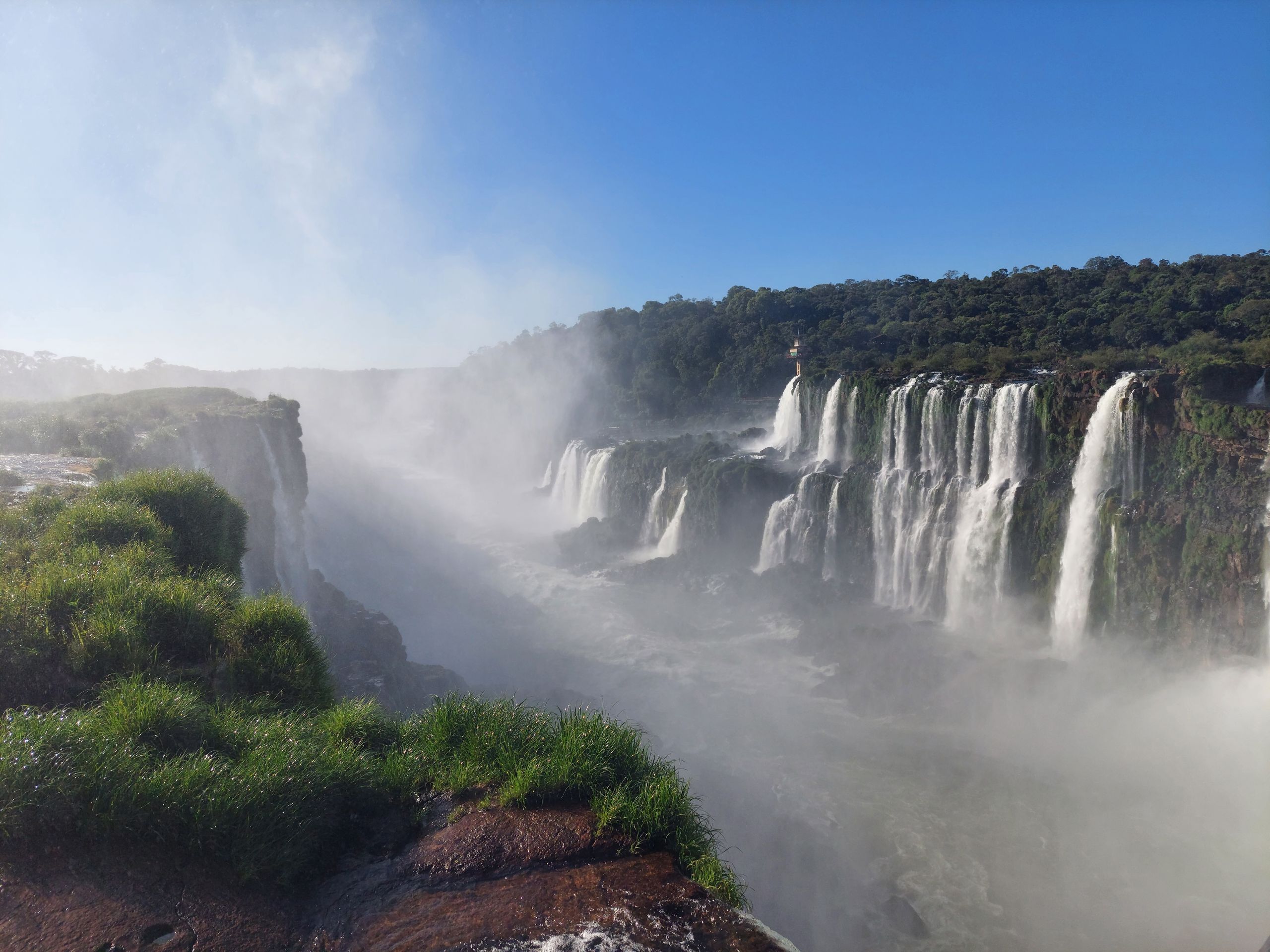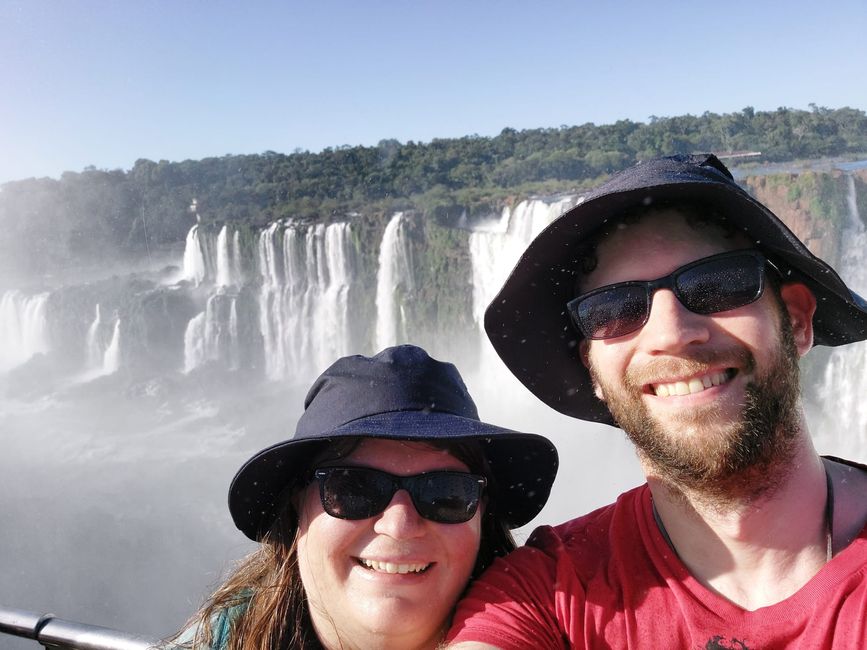Los Angeles and San Diego
Birt: 19.09.2023
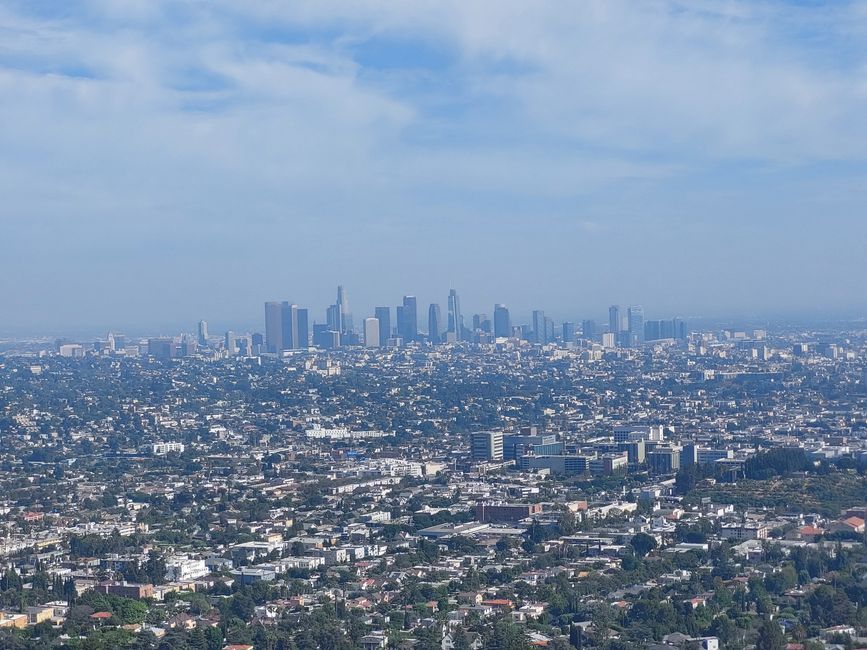
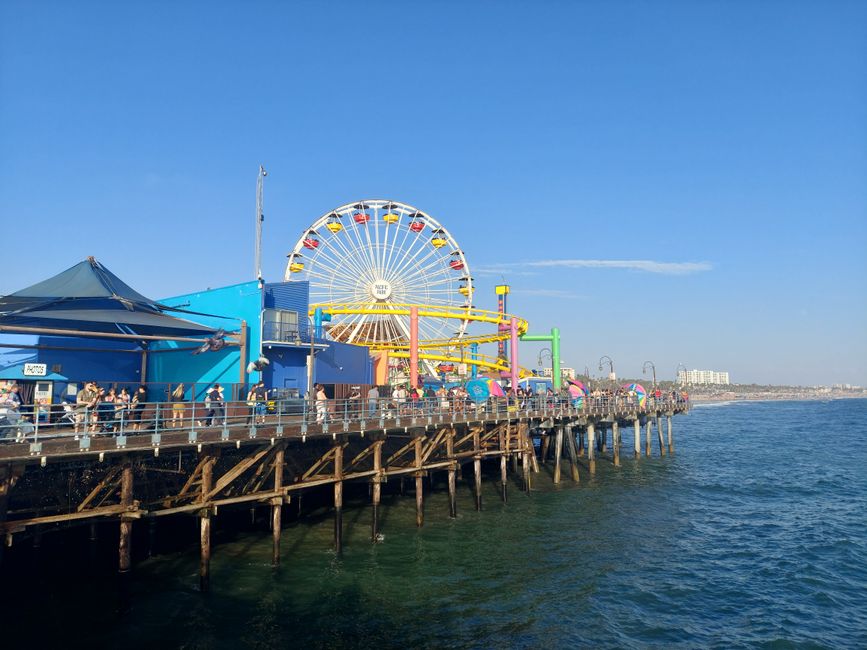
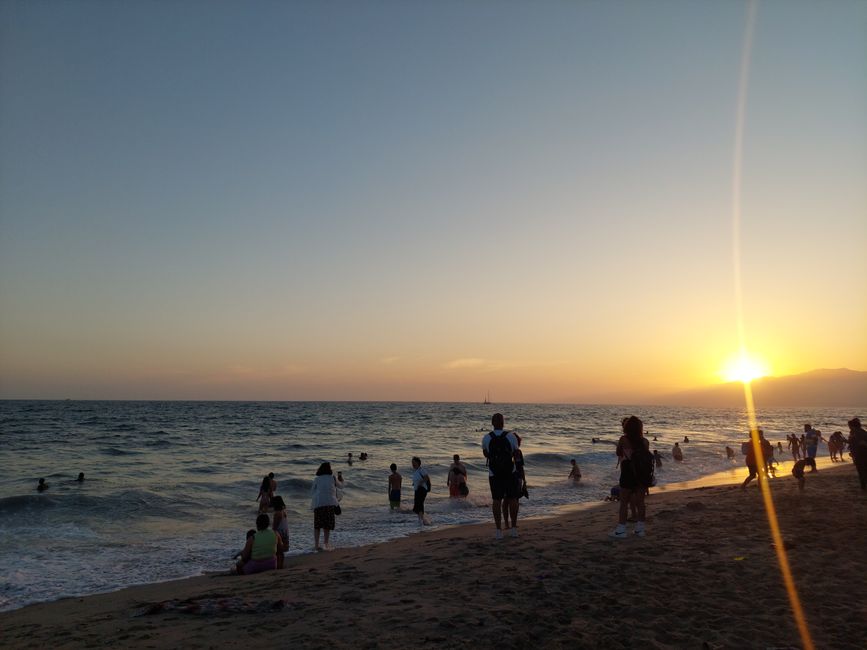
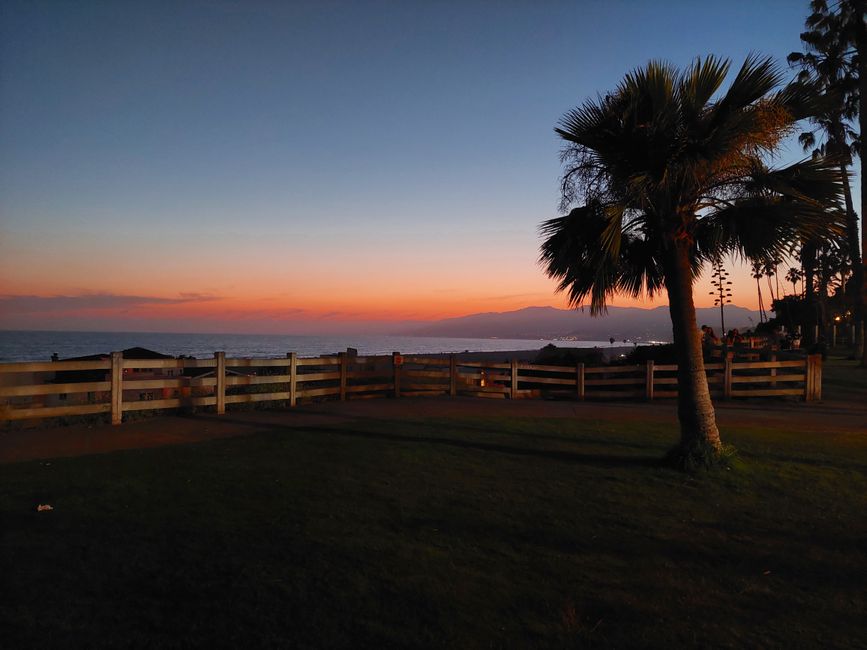
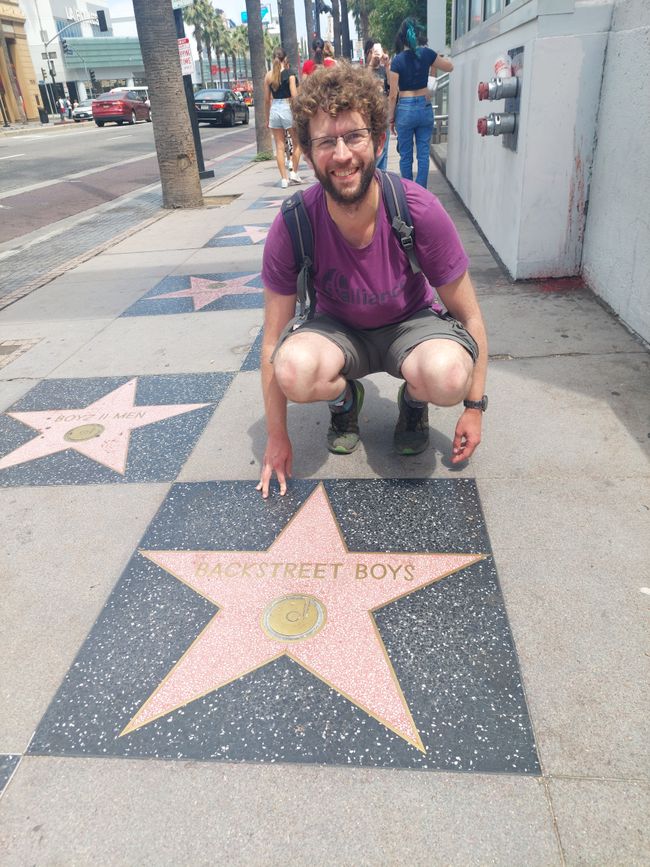
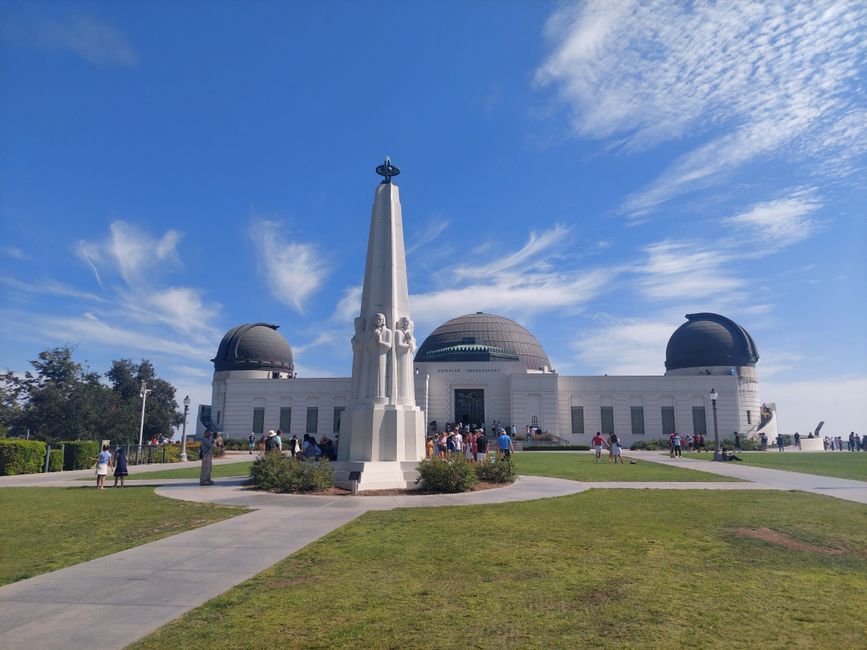
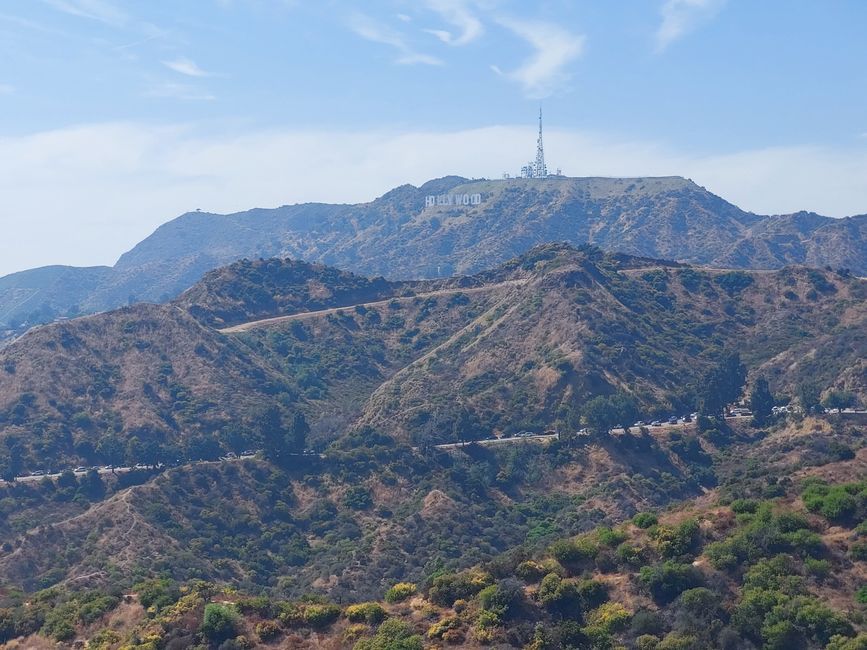
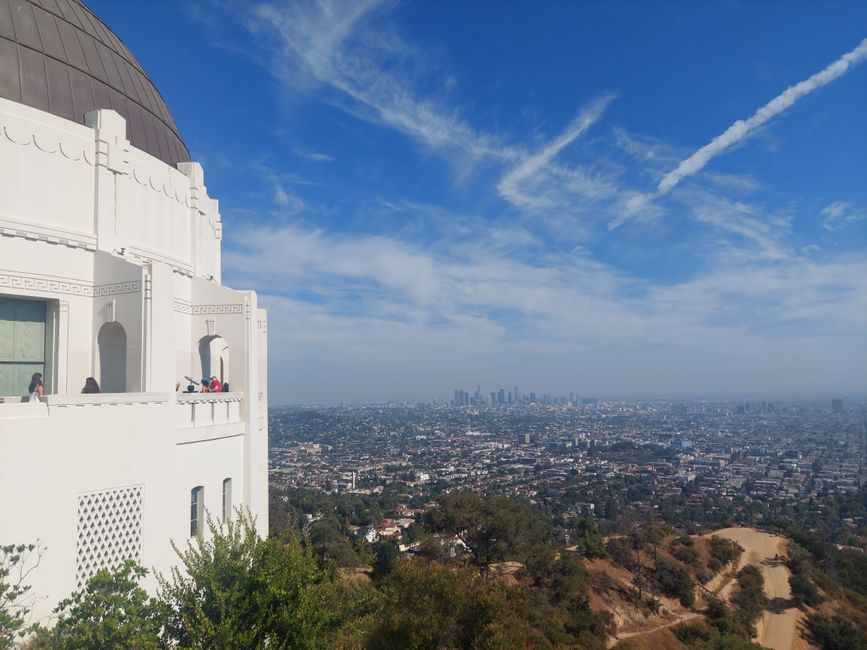
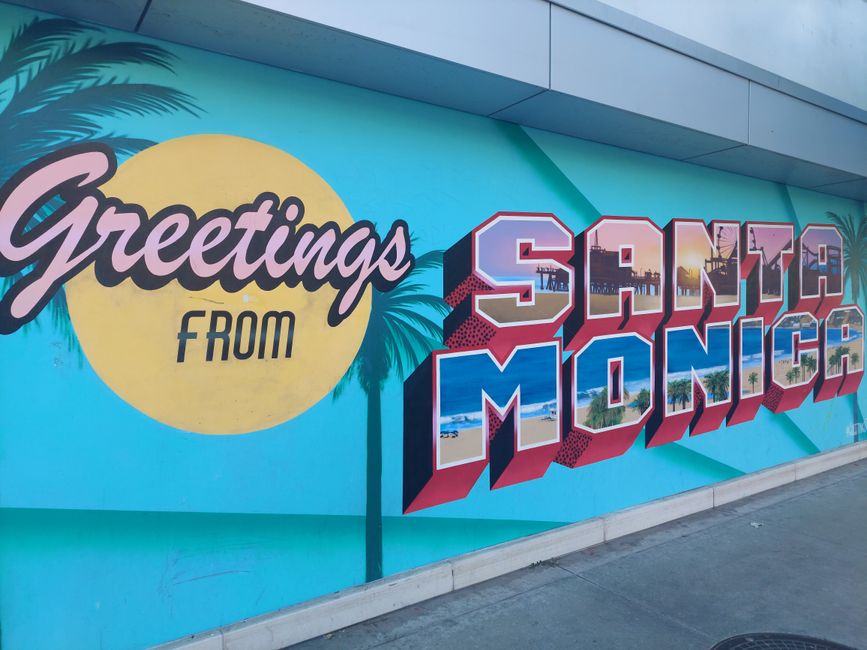
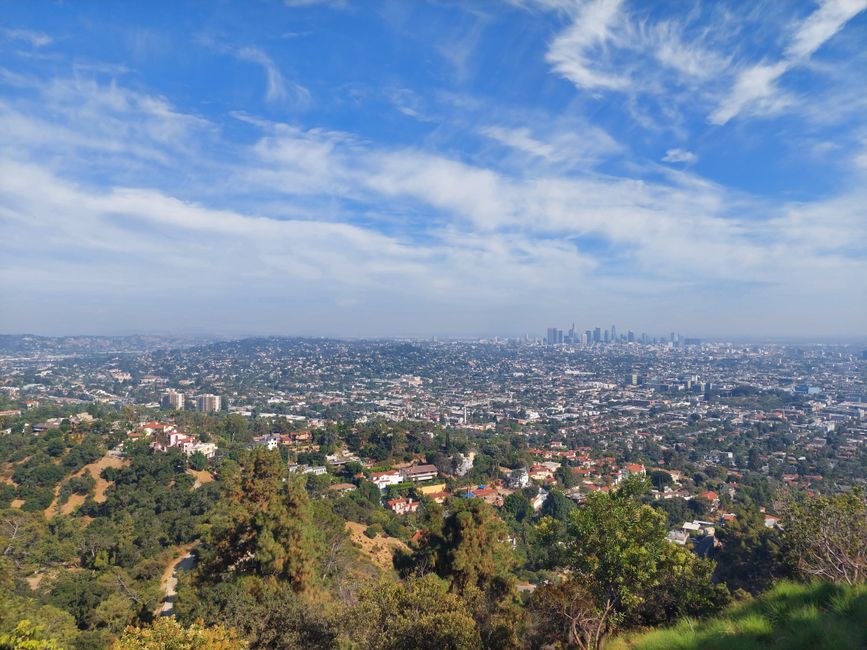
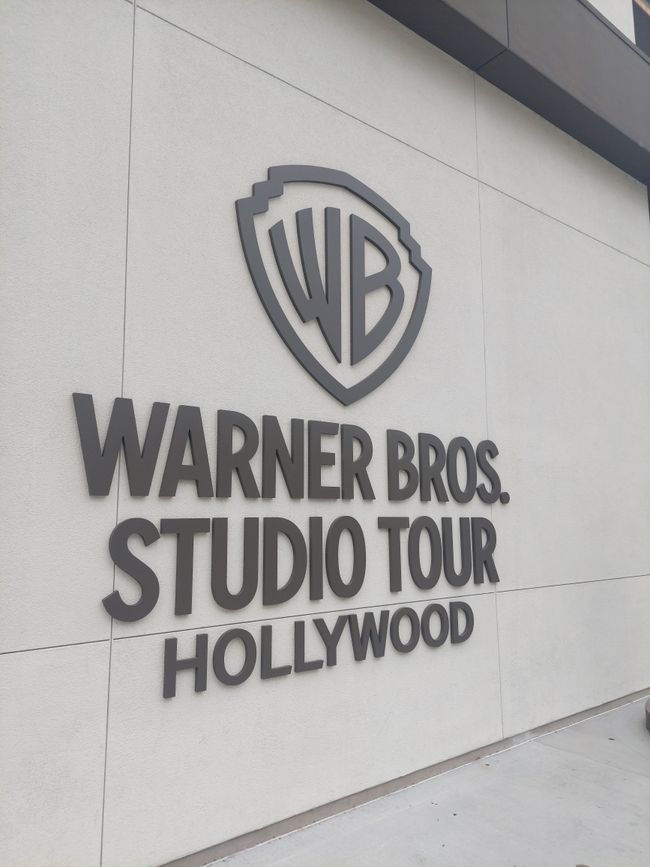
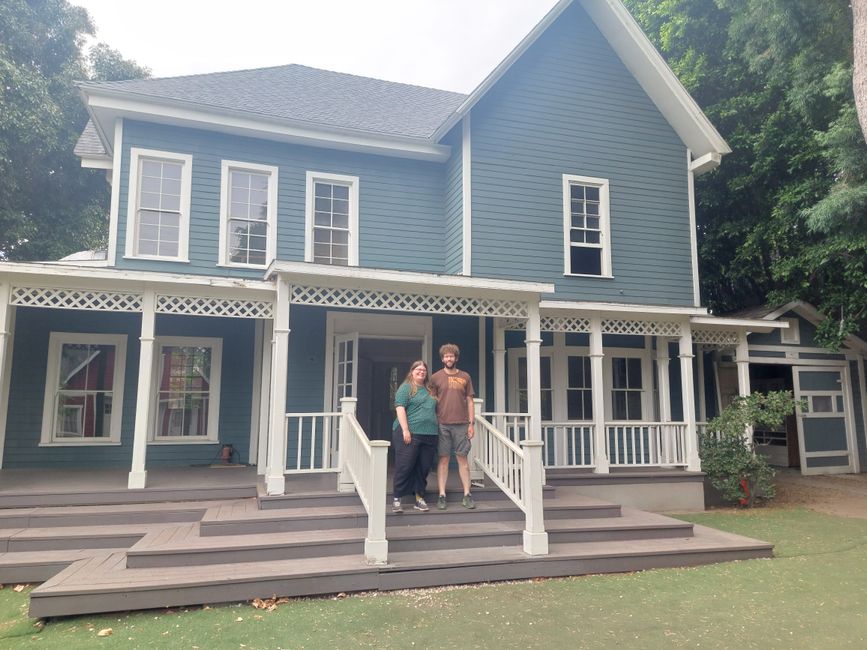
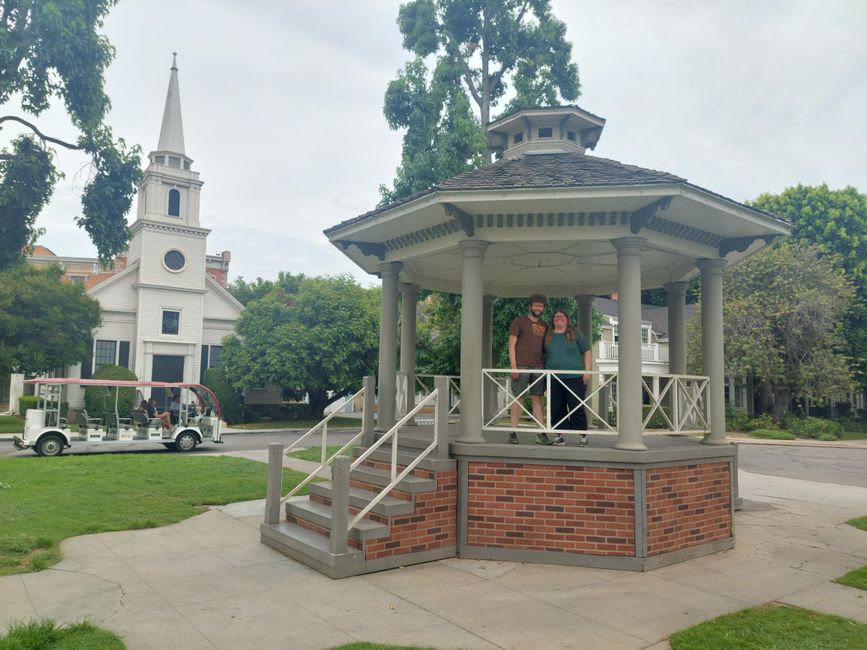
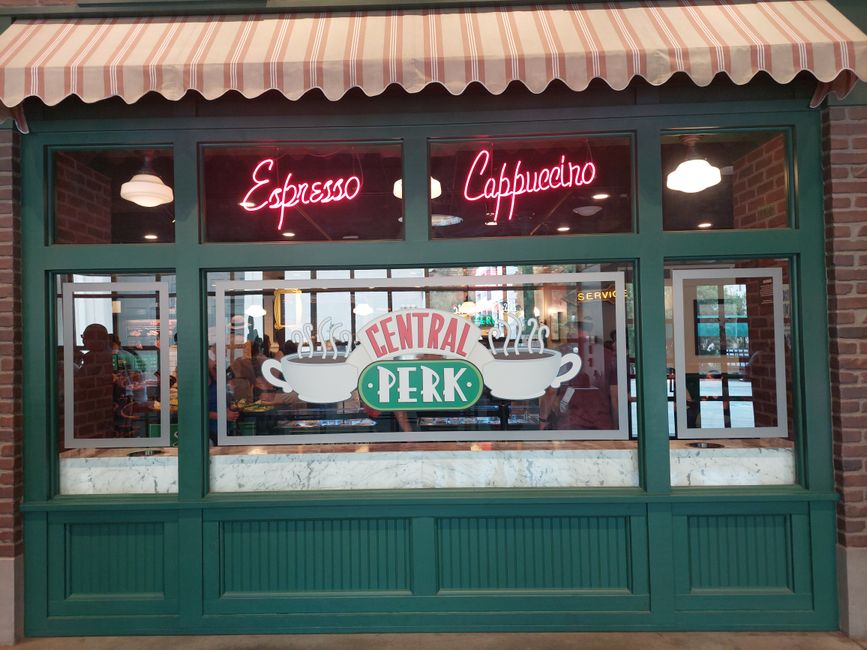
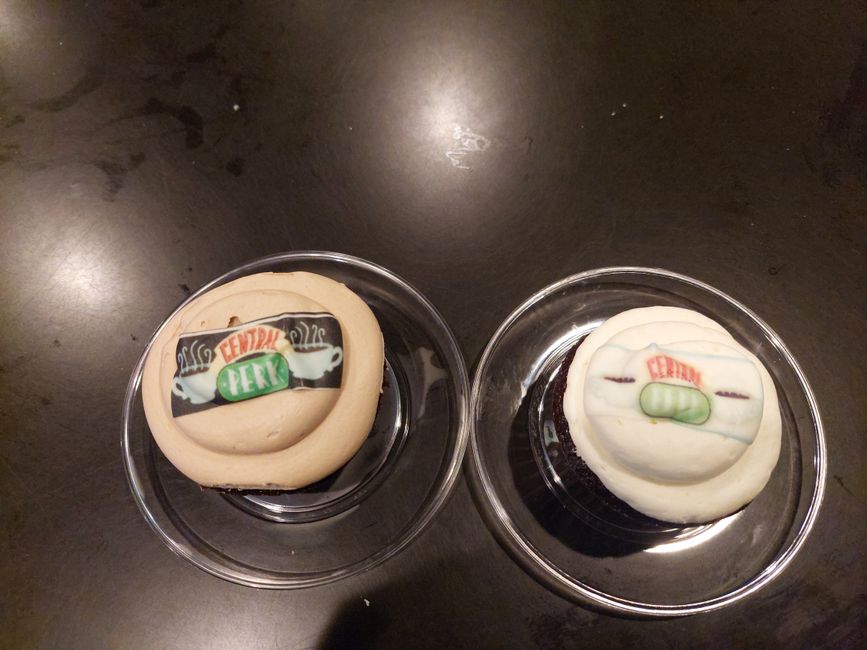
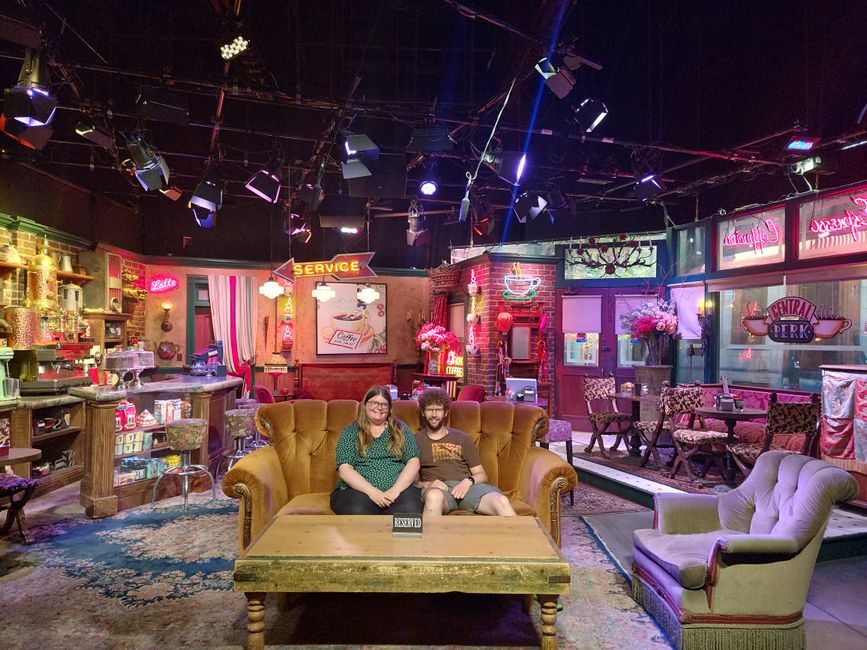
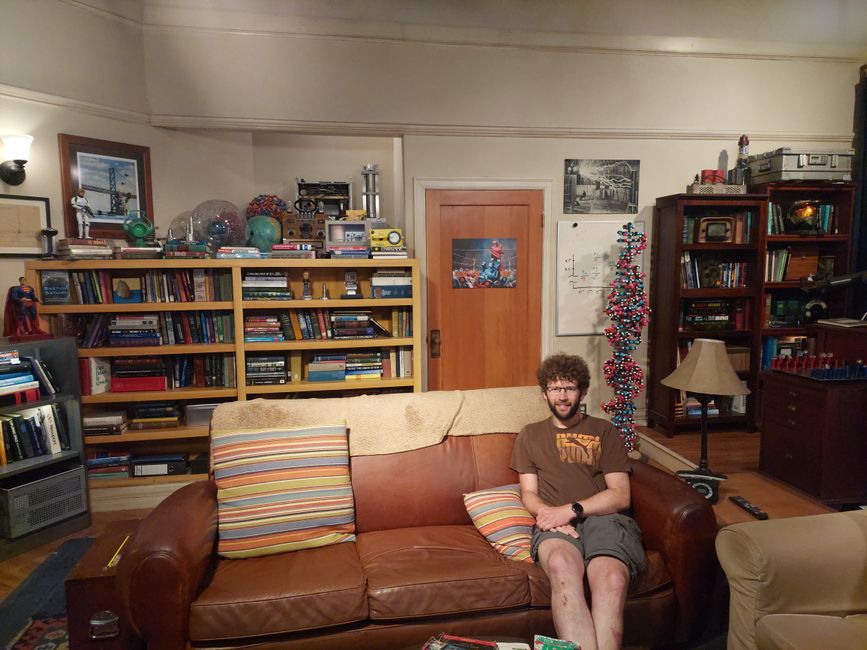
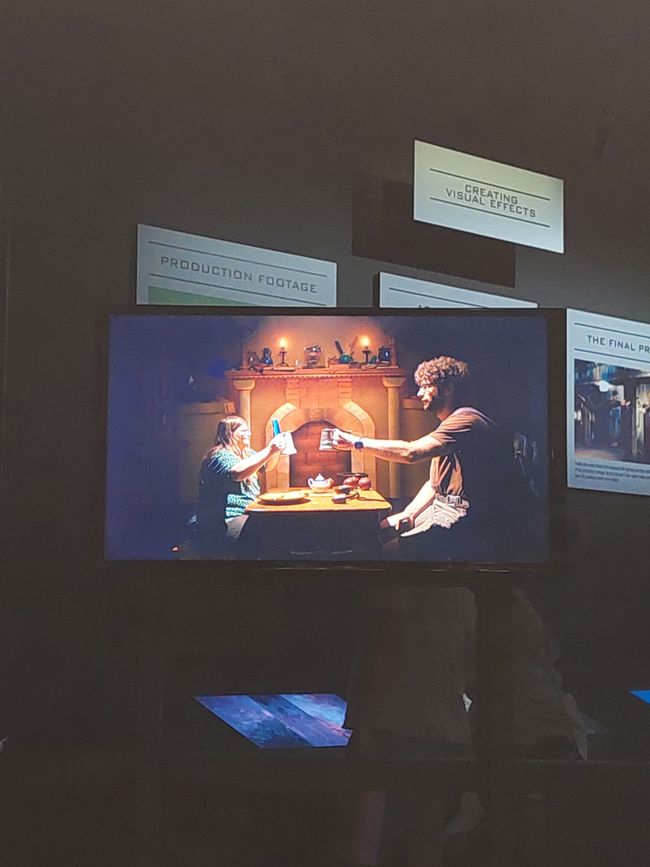
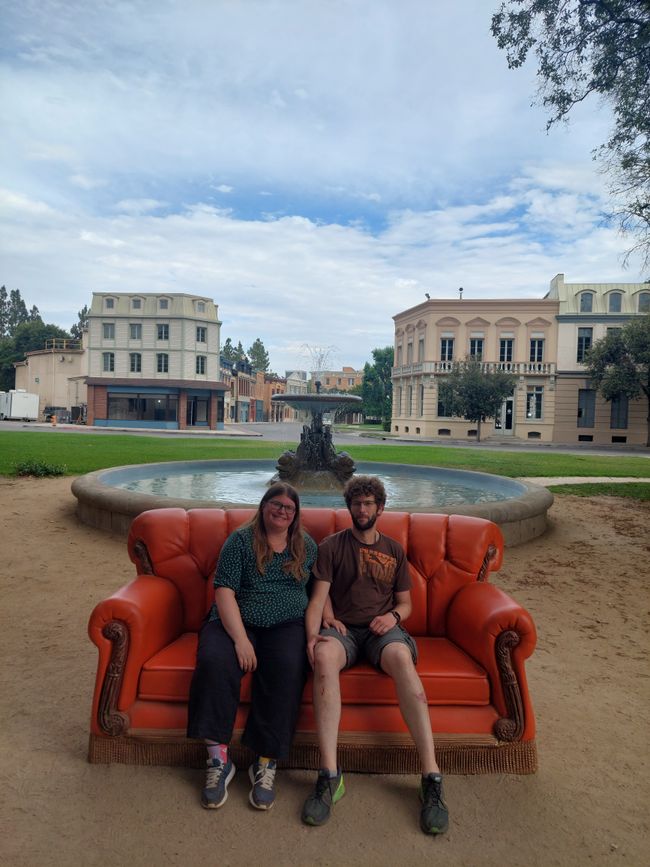
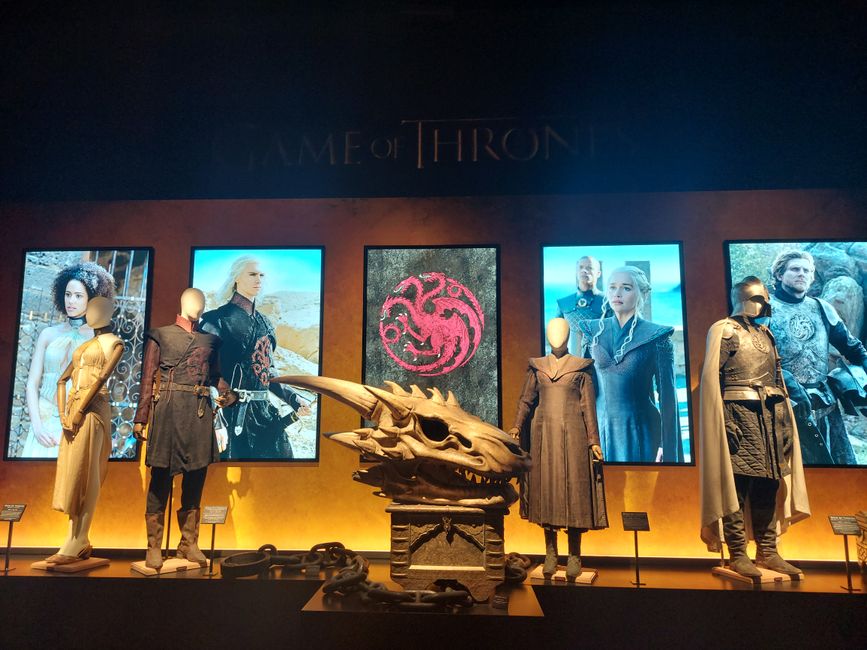
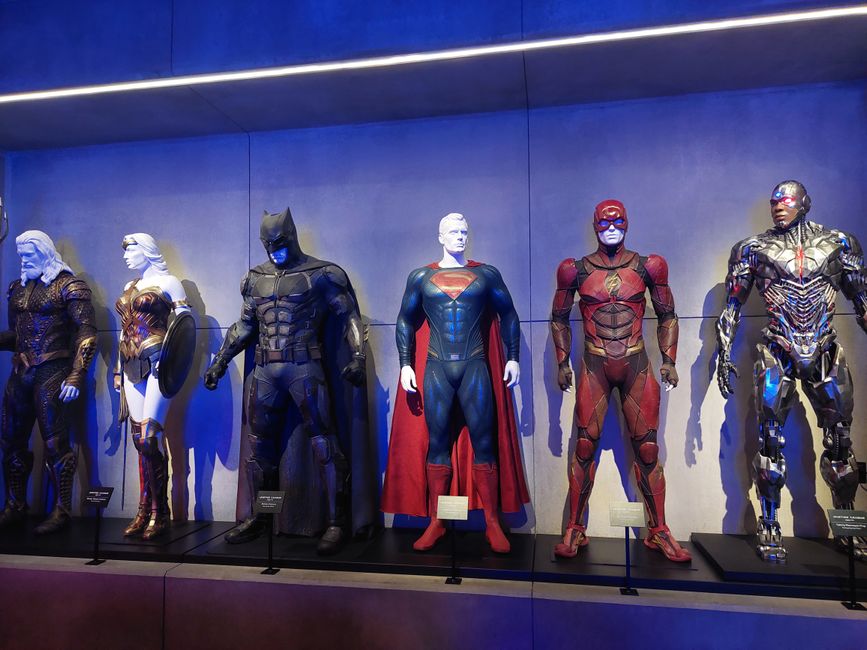
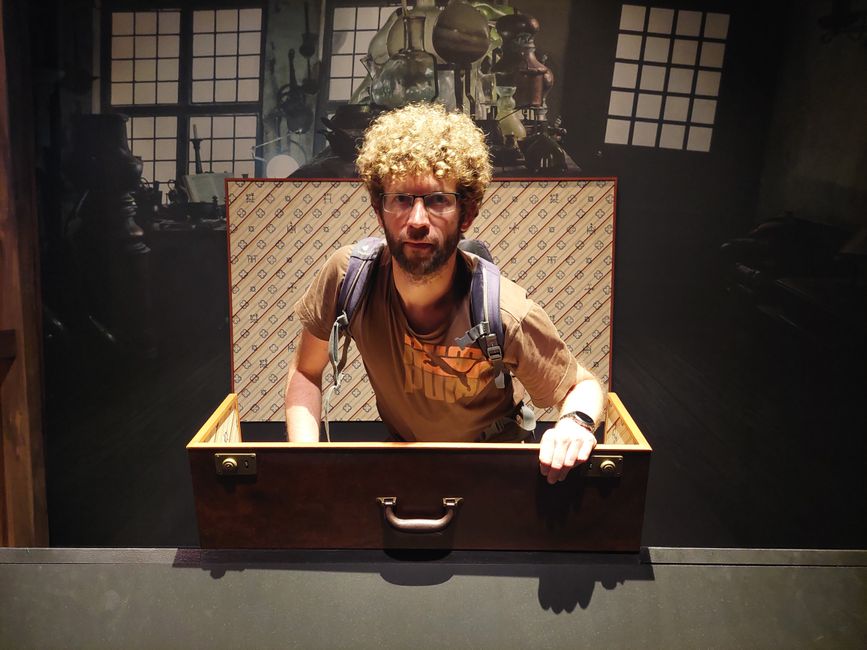
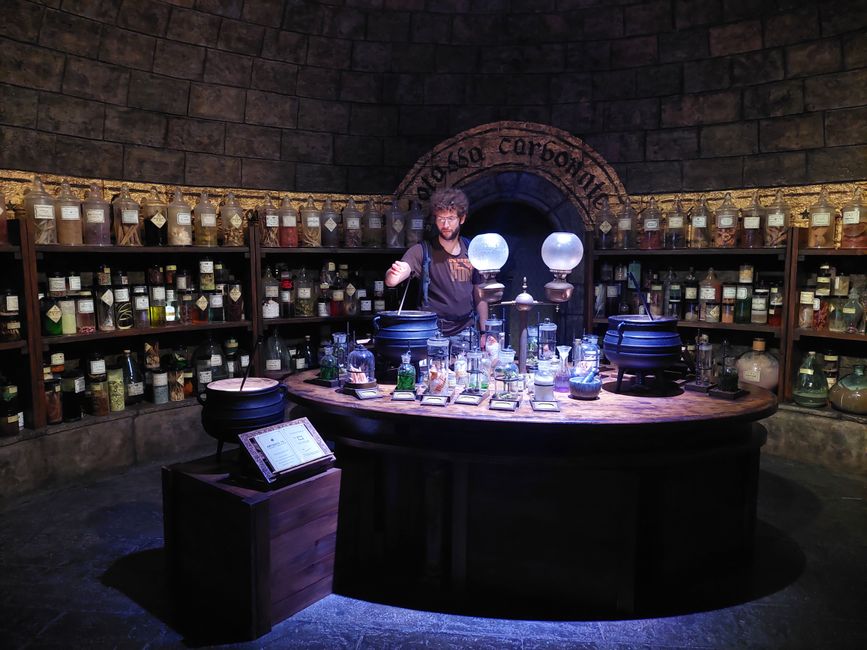
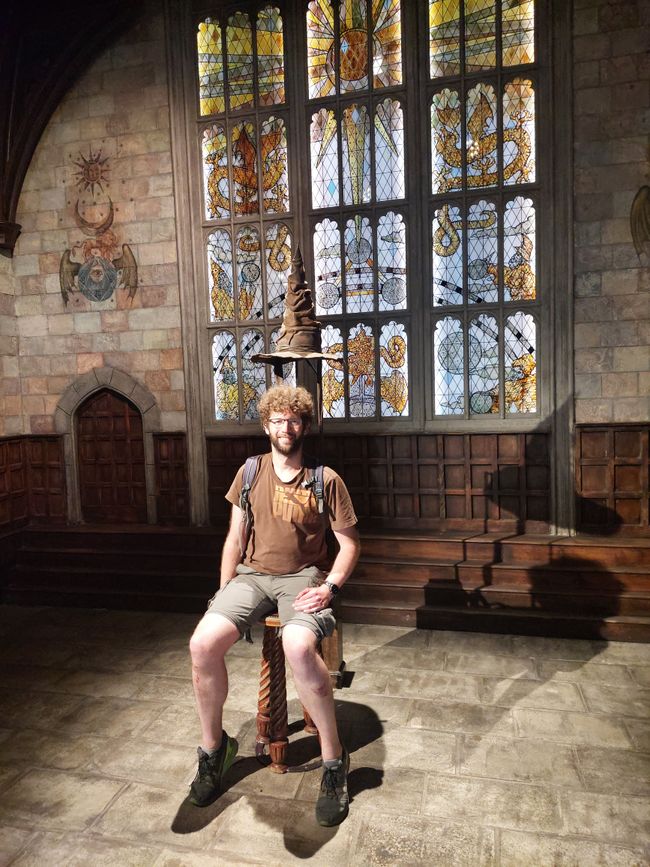
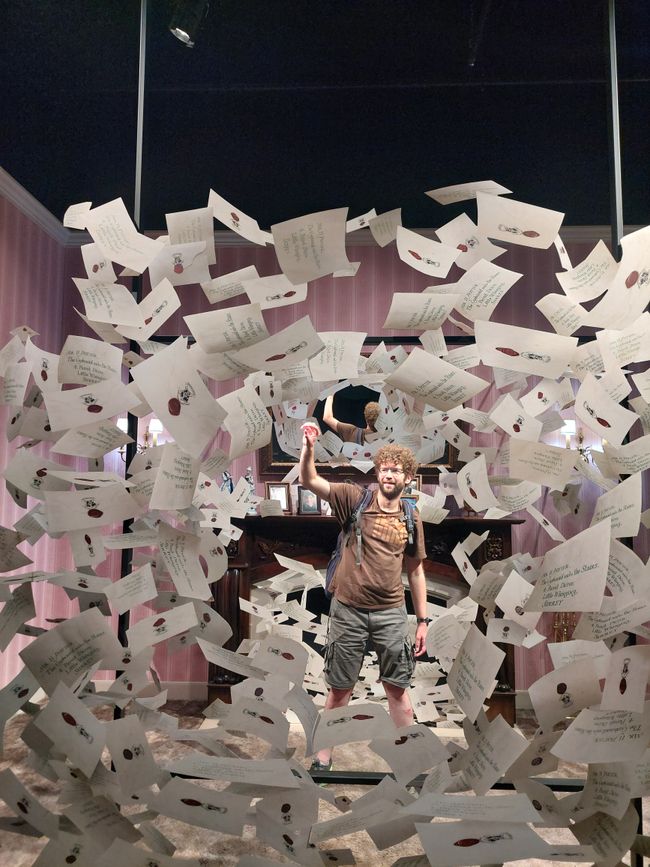
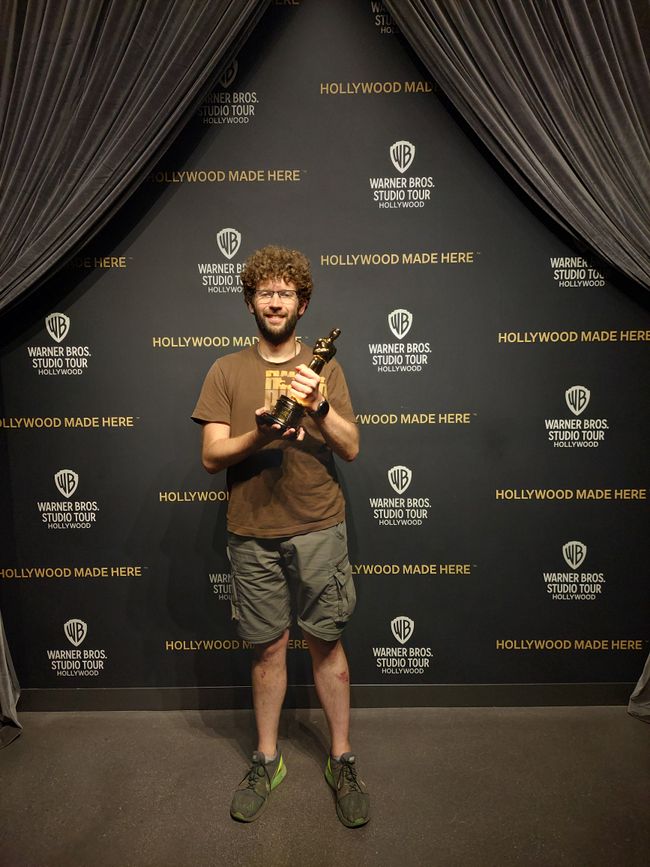
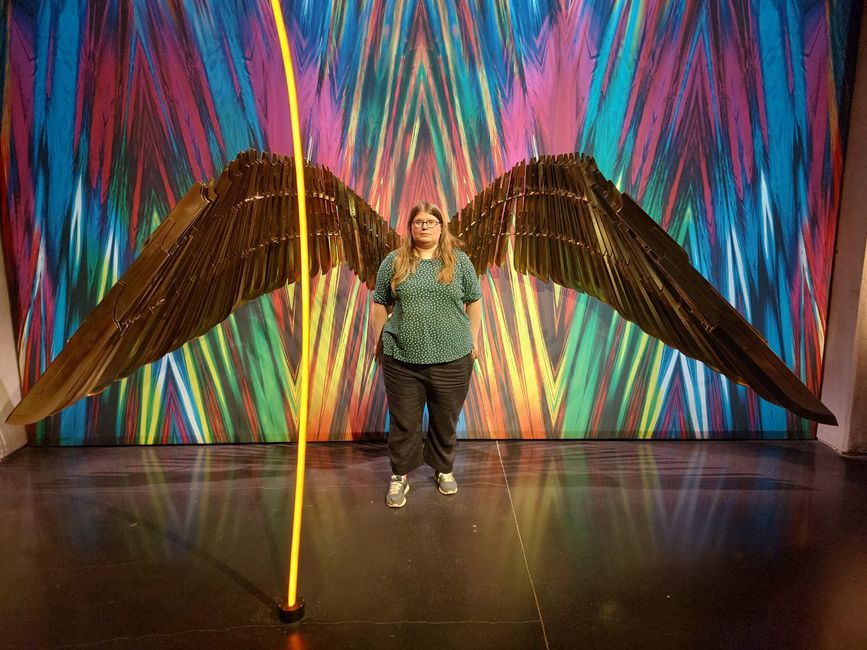
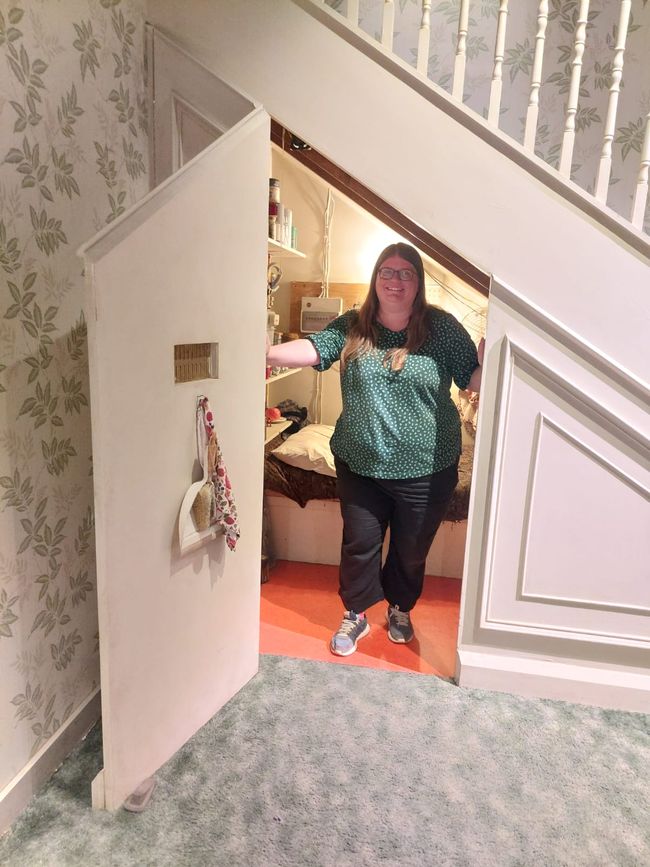
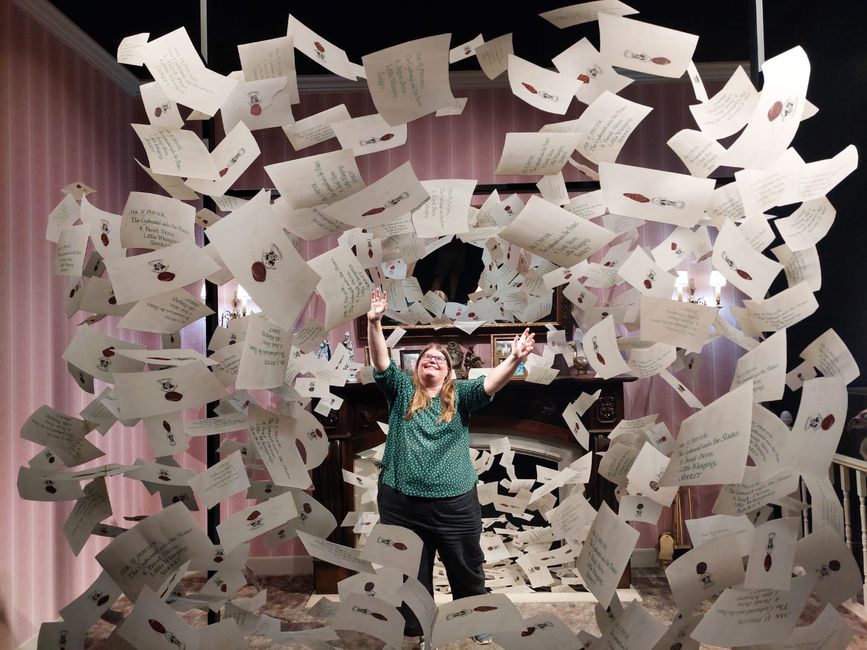
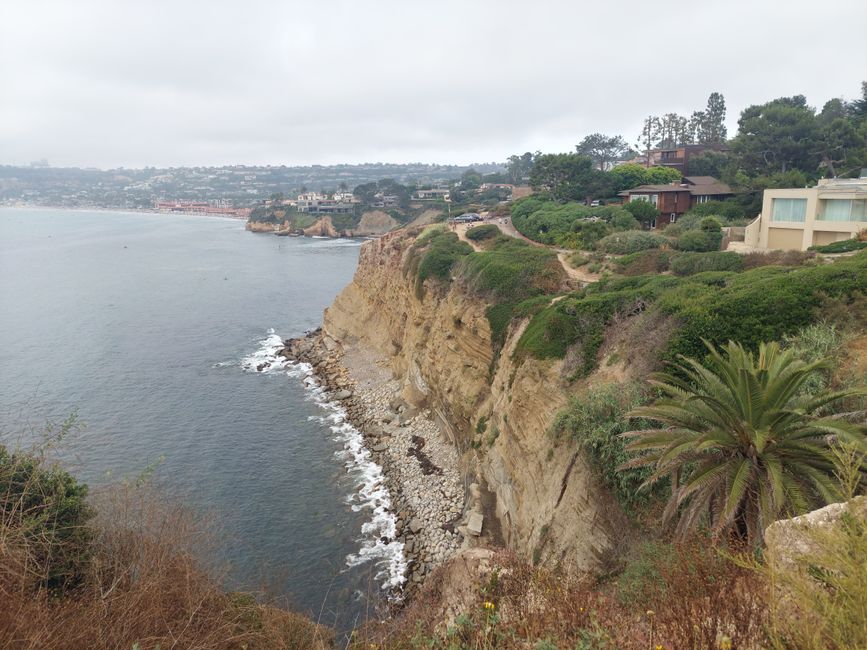
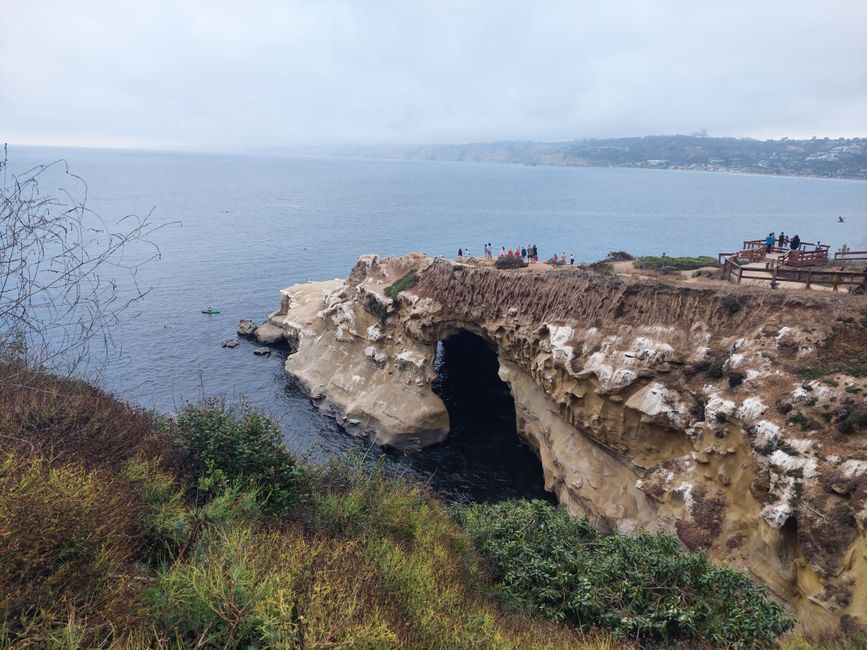
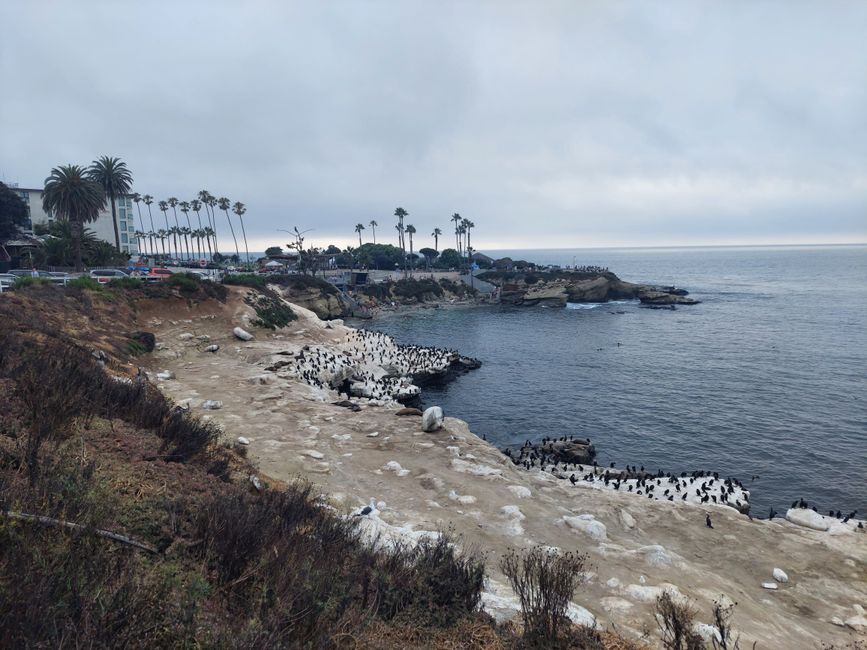
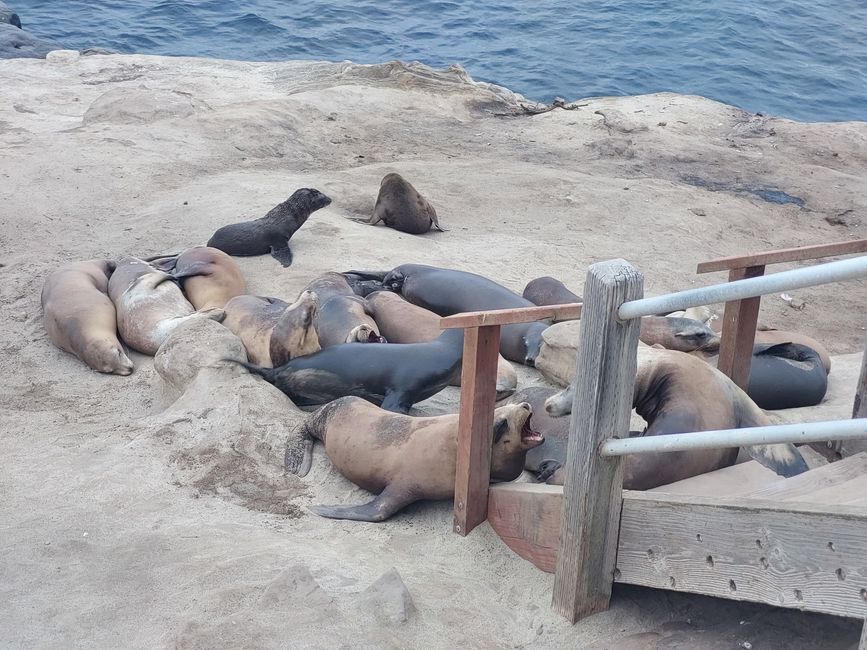
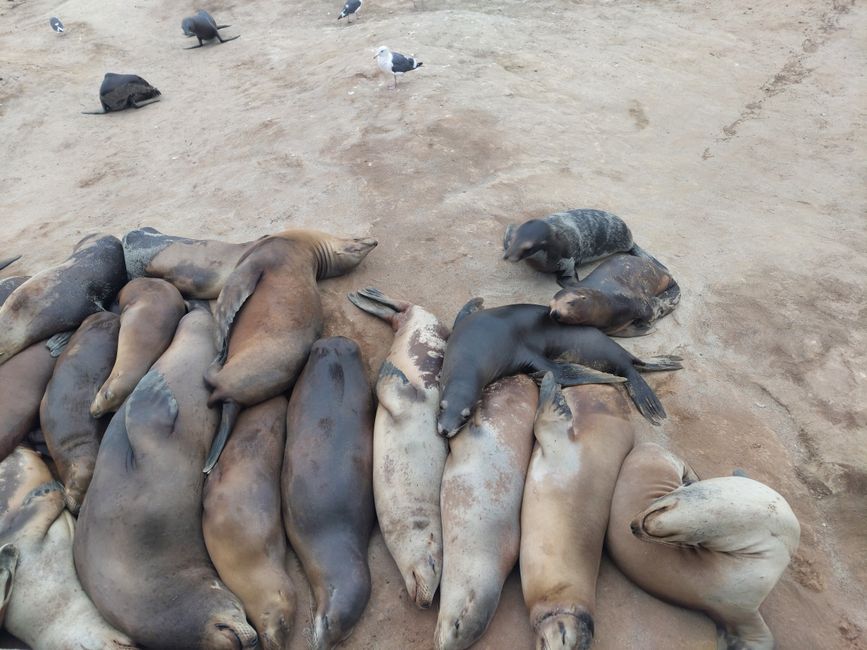
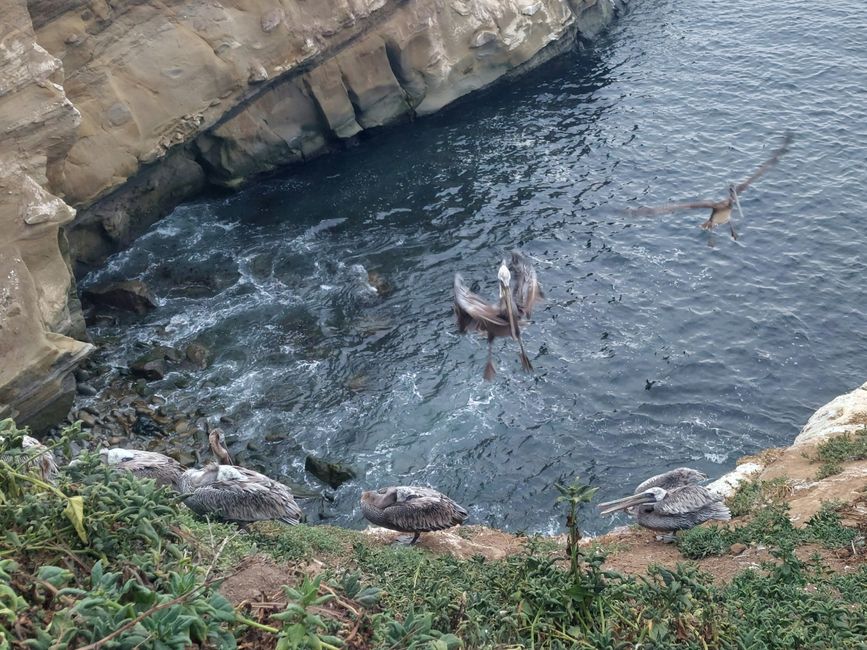
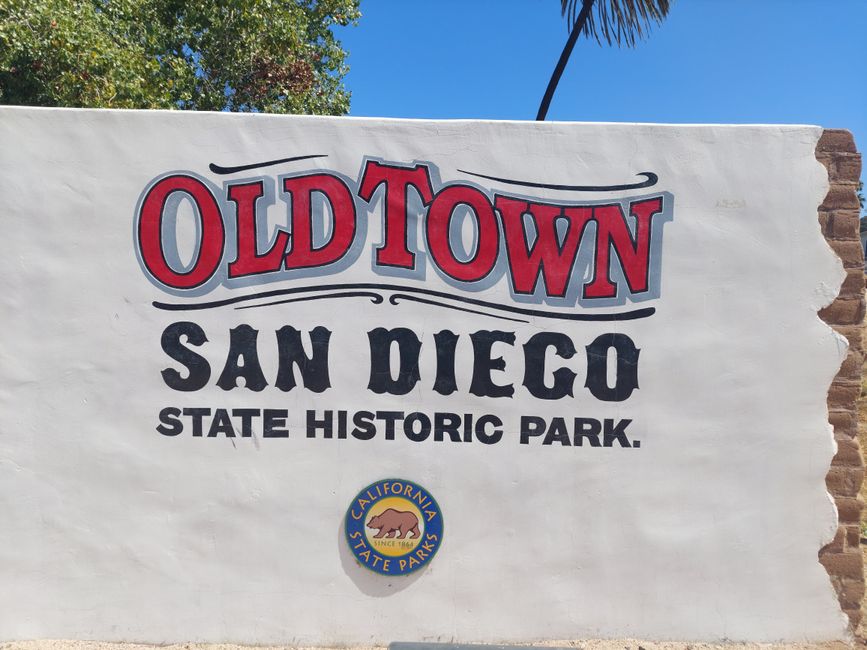
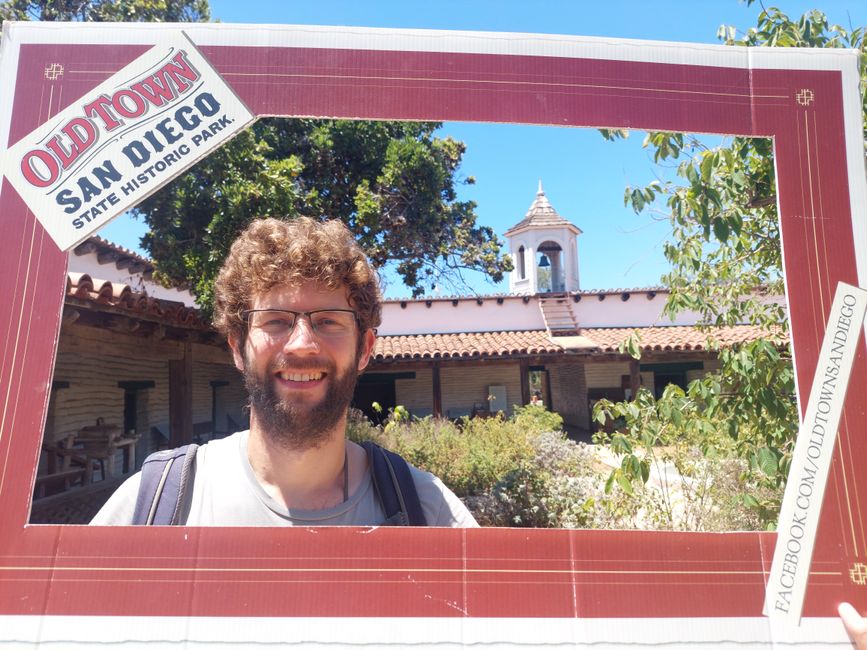
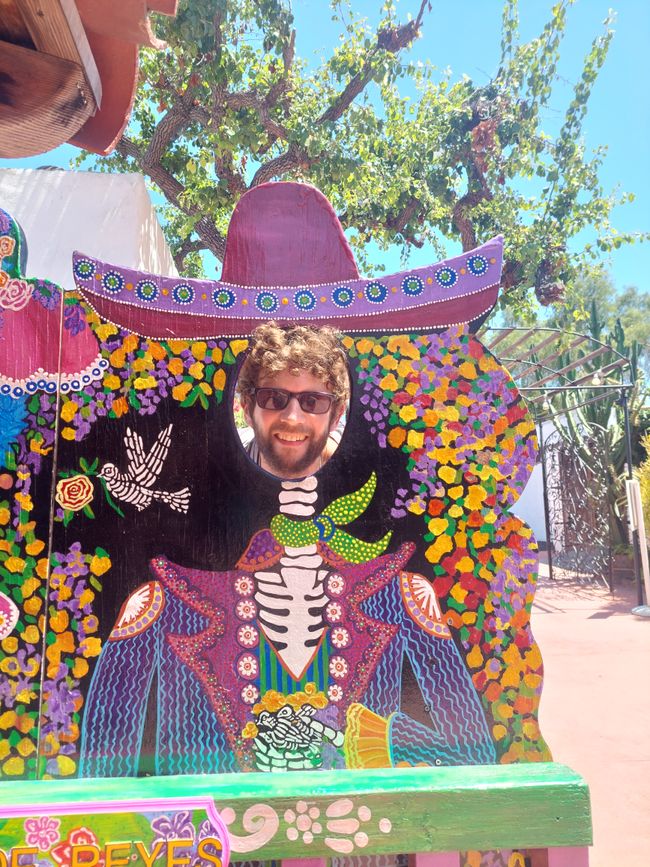
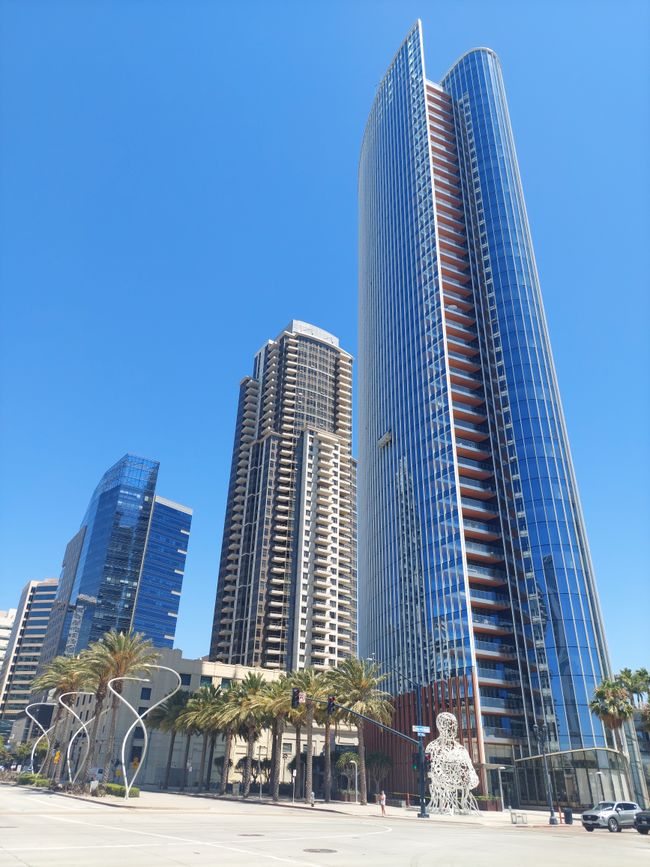
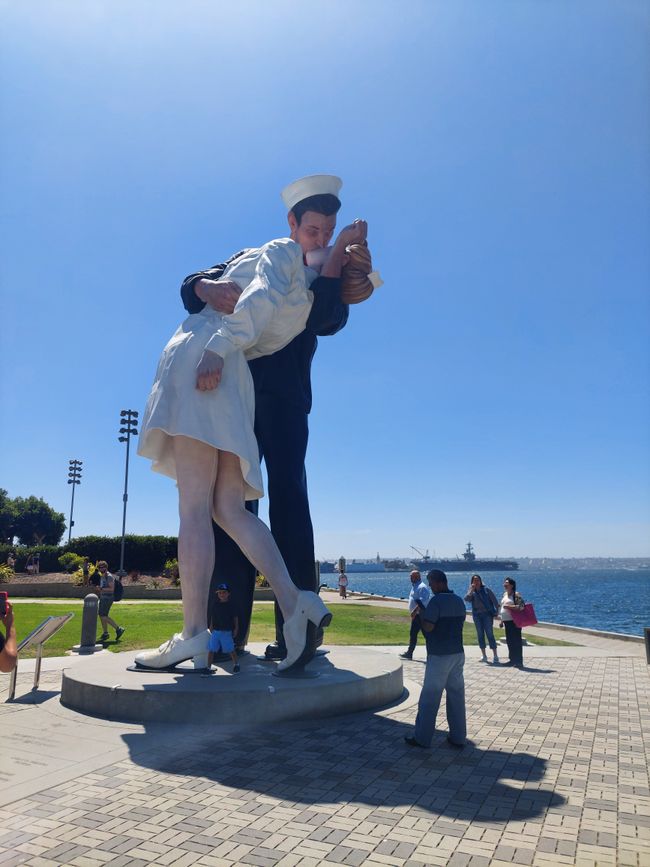
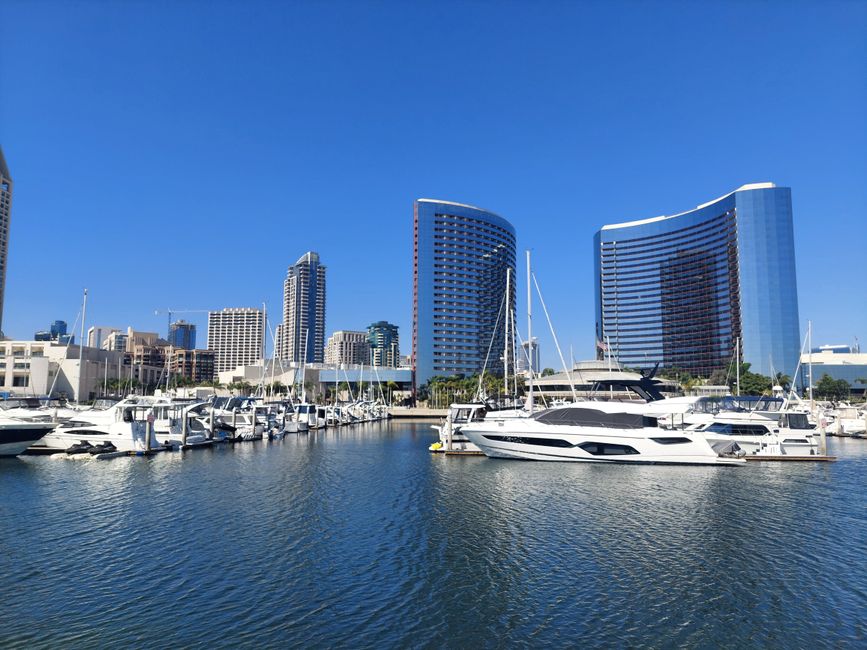
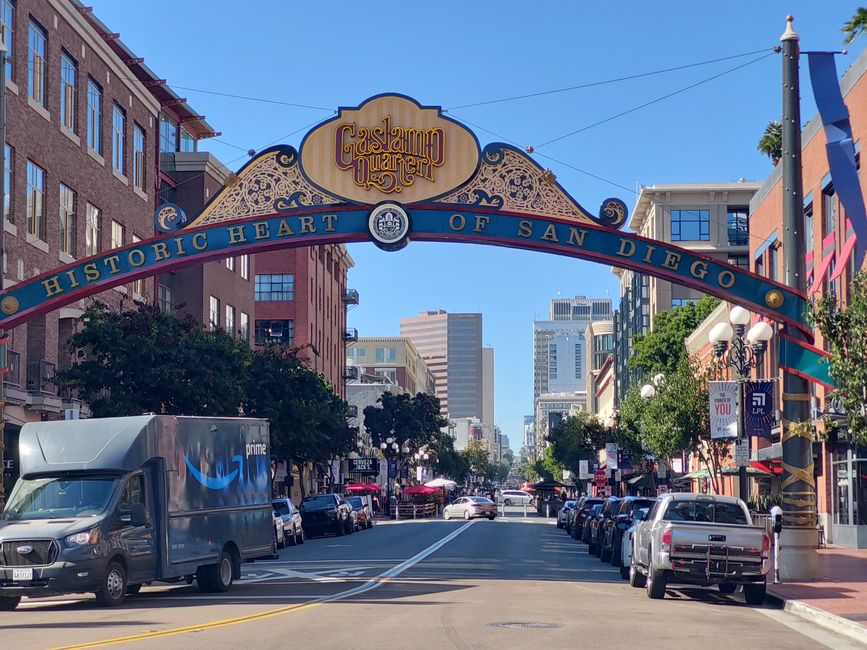
Gerast áskrifandi að fréttabréfi
"Los Angeles" often means not just the city, but the densely populated County of Los Angeles, in which all the cities merge into one another. One of these cities is Santa Monica, neighboring Los Angeles and one of several other well-known tourist locations on the coast. That was where the hotel we booked to visit LA was. On the way to Santa Monica (on a Saturday) the coastal road became increasingly hectic. The parking spaces on the beaches were all full and some of them would have cost a lot. So there weren't many exciting stops for us along the way: the Carpinteria Nature Preserve wasn't very exciting, and in the infamous Malibu we only drove into a parking lot that wasn't on the beach and ate our cookies there. In Santa Monica, as in Santa Cruz, there was an amusement park by the sea - the Santa Monica Pier, which is definitely one of the usual items on the agenda when visiting LA. We took the bus there from the hotel on the first evening. We only looked at the rides from the outside and didn't go on them because we liked the roller coaster in particular, but also everything else, better in Santa Cruz. Instead we went down to the beach right next to it, which was very crowded. The waves were quite high and Sebastian let them toss him around a bit. It was at least as much fun as a rollercoaster ride and, what's more, it was completely free. There were a few other people in the water; There was probably no longer any danger of tar. Over the course of the trip, Sebastian slowly got everything he had expected from beach stays. Afterwards we watched the sunset on the beach, went out to eat in town and listened to a karaoke event in the pedestrian zone on the way back to the bus.
Of course we looked for free walking tours in LA again, but again we didn't find much. For the next day, however, there happened to be a Hollywood tour that only takes place once a week and starts relatively early in the morning. Because Hollywood is quite far from Santa Monica and traffic in LA is always a problem, we wanted to take the bus instead of driving there and got up particularly early. The bus trip didn't go quite as planned (we all suddenly had to get off a bus and we were only able to spontaneously look for another bus because there is WiFi on all buses), but we had planned enough buffer and were on time for the tour there. Our guide told us that he had first been involved in free walking tours in another city and then brought the concept to LA, which showed us once again that something like this is particularly rare in LA. But we found the tour interesting, and a tour of Hollywood Boulevard (with a few detours) where you hear stories about certain personalities and the beginnings of the film industry is probably the most exciting tour you can do in LA . Apart from the official tours of the various film studios. Our guide was also a guide at Universal Studios and said that if he were to tell us which studios were best to take a tour of, he would of course be biased, but the cheapest one was Warner Bros. But after the tour we did First we searched Hollywood Boulevard or the Walk of Fame on our own for the traces of the personalities that are particularly close to our hearts: especially for the hand and footprints of the Harry Potter stars at the Chinese Theater and for the star of the Backstreet Boys . We then took the bus and train to Griffith Observatory, from where we had a view of LA and the Hollywood Sign. On the way back to Santa Monica we shared our train car with people who were constantly drumming to rhythmically inappropriate music, who were simply stoned or who were smoking weed themselves. Train rides like this through LA can take quite a long time because everything is so damn far apart, as we had already noticed on the bus ride in the morning. When taking the train we also noticed that the trains run quite infrequently - that's probably not a preferred means of transport here. Because of all these delays, we ended up not doing as much as in other cities. But it's not necessary to do so much here, because in our opinion LA is an overrated city. Sebastian still had the image conveyed by the media in his head that everything here was totally fancy and that you had to see it to be believed, but Judith, who had already been to LA, had actually dispelled his illusions in advance, and that was over then also confirmed. In addition, both of us generally have no idea at all about movies and therefore have little place in Hollywood and the surrounding area.
On the second day in LA we didn't see any more of the city (we were only interested in a part of downtown where you can see something of the city's Mexican origins, but in the end we didn't have any more time for that ), but wanted to do one of the film studio tours because that's what they do here and we found it quite interesting for a change. We actually chose Warner Bros. It wasn't as cheap as the guide had said, but still not that expensive in comparison, and above all, this tour had reference to several films and series that we firstly know and secondly even like. The tour consisted of three parts. First, a guide drove us through various outdoor film sets in an open vehicle. We saw a lot of Stars Hollow buildings from Gilmore Girls (which is a series popular with Judith and apparently many others that Sebastian has never seen but knows exists). We entered several of these buildings with the guide and were able to take a look at them from the inside. Judith found it particularly interesting how the rooms downstairs are set up the way you see them on screen, but above there are only spotlights and other technology. The guide also gave us examples from various series in which the perspective was cleverly chosen in outdoor shots so that the place appeared larger than in reality, or in indoor shots, clever editing was used to create the impression that the room was larger and there were more there distances covered than in reality. In addition, some of Hollywood's location advantages for outdoor filming were explained to us: You have a lot of flexibility with the sets with comparatively little effort, because firstly, many different landscapes that we would later see ourselves in California and surrounding states can be reached relatively quickly , and secondly, many different plants thrive in these latitudes, as we had already experienced in Santa Barbara. Overall, we got a lot of input in a short time on this part of the tour, but we found it all very exciting. Then we went with the guide to a large soundstage where scenes were being shot for 59 films, 4 of which Sebastian knew, which was a huge stroke of luck. Then the guide took us to Stage 48, where we were able to do a self-guided tour. We first sat down in a café modeled after Central Perk and ate Central Perk cupcakes there. For those who don't know: Central Perk is a café in which many scenes from the series Friends take place, of which Judith has seen a lot and Sebastian has seen quite a few episodes. However, he probably didn't pay much attention back then and only paid very selective attention or forgot everything again, because he only knew how the soundtrack works and that Jennifer Aniston had played in it, but the name "Central Perk" meant nothing to him. In Stage 48 we visited various original sets from Friends and The Big Bang Theory, with which we were officially photographed and were also able to take photos ourselves. Judith knows a few of the latter series and Sebastian only knows a few episodes, but for some reason some people have already compared him to Sheldon Cooper, and that's why he was put in the Sheldon spot for the photo on Judith's sofa. At other stations we were also able to try out techniques ourselves, namely forced perspective, as used in Lord of the Rings (two people sit diagonally opposite each other at a table and are filmed from the side, so that one person is tall like Gandalf and the other is short like a hobbit), and motion capture as used in Harry Potter (a person's movements are filmed and transferred to Dobby). We were also able to dub a scene from Harry Potter ourselves and record green screen videos of us flying around on a broomstick, for example. However, the results of these videos seemed surprisingly cheap. Nevertheless, in the end they wanted a total of 130 dollars for it in the package with all the other official photos. We didn't want to spend them and made do with our own photos, in which we were sitting alone on the Big Bang Theory sofa, and the dubbing video we filmed, because at least filming there wasn't forbidden. On the other hand, we even have a photo of the two of us together on the Friends sofa because the official photographer there took a photo of us with a cell phone after the official photo. So it's not always entirely consistent, but basically these photos, which are probably taken all over the world at a lot of tourist attractions these days and are usually quite faked (whether in front of a green screen or a photo wall), are quite expensive. At the Space Needle in Seattle, the photos were still sent to you free of charge by email, so we saw no reason at all to buy the printed version - and couldn't understand that enough people did that anyway. The expensive offer also seems to be worth it for the Warner Bros. studios, which is certainly helped by the sneaky practice of first showing people all the videos and photos and only then revealing the price so that parents then give in to their pleading children. When we were finished in Stage 48, we waited outside again for a vehicle with a (different) guide. After a short photo stop at the fountain known from Friends, this took us to the last hall, where there were exhibits about Game of Thrones, DC comic heroes and - most importantly for us - Harry Potter. We took lots of funny photos and videos there. Judith then bought a T-shirt with the Marauder's Map in the shop. Our conclusion about this studio tour: It was definitely worth the money. Unfortunately, there was only one thing we hadn't seen: We had already heard about the big strikes in Hollywood in the media, and our guide from the day before had given us the hope that we might meet stars demonstrating in front of the big film studios with whom we then could take a selfie. That didn't happen, but we didn't expect it to and if there was any doubt, we probably wouldn't have recognized the people anyway, even if they had been VIPs. On the way back that day we met a Ukrainian who we supplied with electricity from our power bank for his empty cell phone and who told us that as a tourist you can get a cheap SIM card from the provider Mint, for example at Best Buy. After despairing at Walmart, we finally got a good tip - but since we had already gotten very well from one WiFi to another, we decided not to pursue it any further. While we were waiting for the train, we tried to chat a little with the Ukrainian, but unfortunately he couldn't speak English very well.
That was it for LA and we drove Highway 1 to the final end. It took a long time due to the traffic until we were finally out of the city area. It took us four hours to get to our next destination, San Diego, even though LA and San Diego are really not that far apart. On long car journeys we always try to keep ourselves entertained with the radio. Finding the right radio station for us is not that easy here. The station landscape mostly consists of a lot of country (we thought that might be outdated and a cliché, but it really is), Christian music (which in this country can only be superficially distinguished from secular pop music by signal words like "God" and "Jesus") and Spanish-language music. If we find a station in between that simply claims to play the best music from the 80s to today, then we're quite happy because that's what we listen to at home too. At most we are annoyed by the numerous commercial breaks. At some point we noticed that the names of all the stations since Seattle mostly consist of letter combinations that start with a K. What does the K stand for? Our research revealed: The letter combinations are the call signs that are used worldwide to identify radio stations and have also been required for radio stations in the USA since the beginning of the 20th century. K stands for transmitter west of the Mississippi, and for transmitters east of the Mississippi the first letter is a W. K for west, W for east - then everything was clear. In case there are no suitable stations, we downloaded a "California Roadtrip" playlist from Spotify, which we play with Android Auto. Because there are also songs that we often hear on all radio stations here, we have put together our own "Roadtrip USA" playlist from these songs, which will remind us of this trip at home (https://spotify.link/ 7Xe7dsHOdDb). For some of the titles we are curious to see whether they will also become summer hits in Europe this year. All artists are only represented there with one title, except for Ed Sheeran and Taylor Swift. Mr. Sheeran is always walking everywhere anyway, and people here are so crazy about Ms. Swift (even more so than in Europe) that we can't ignore it either. As an exception, we have provided two places for each of them. Of course, our favorite boy band couldn't be missing - we chose the song "I Want It That Way", which the Backstreet Boys use to advertise detergent on the radio here.
At some point we arrived in La Jolla, which is already part of San Diego. There we first went to the beach and went swimming one after the other. Afterwards we walked from the parking lot to La Jolla Cove, first along a large road, which wasn't that nice, and then on a hiking trail by the sea. Even though it was already quite late, we kept walking and saw lots of cormorants, brown pelicans and more and more sea lions roaring at each other, which was really funny. There were also young animals there. Afterwards we drove to our accommodation more towards the center, near Old Town San Diego.
After a day of rest, we walked to Old Town, an open-air museum about the city's Mexican beginnings. It really looked like what you would imagine an early Spanish conquistador settlement would look like. In the first building there was an exhibition about the history of California and the city, where we were the only ones who read everything. Anyway, we sometimes have the feeling that many people don't want to take in so much information, but rather just see everything once and take photos or have their photos taken there. Of course, most people don't have as much time as we do, especially the hard-working Americans with their few days of vacation. When you read through everything in museums, you also notice that some information is repeated, which is also practical for us because you can't remember everything anyway. After the open-air museum we took the tram to downtown. We had checked at the beginning where we would have had to validate the cell phone tickets, and we had probably forgotten to update the changing display of the QR codes again in time when we last had internet, but we had paid for our tickets, so In our opinion, we didn't drive black. In downtown we walked along the Embarquadero along the water. There we saw a larger-than-life statue of a famous photo of a soldier kissing a nurse after the end of World War II. The woman did not know the soldier and - this was not on the information board - later said that she did not want to be kissed by him. We didn't get the impression that most of the other tourists who photographed the statue or were photographed in romantic poses in front of it had critically questioned this scene. For example, we observed how a man clung to the leg of the female figure for the photo, and also how another man wanted to recreate the statue's pose with his alleged girlfriend, but she refused. If a statue like this doesn't make you think, it might actually do the opposite for some people. We continued leisurely along the seafront path to the Convention Center, from where we walked into the Gaslamp Quarter, the oldest district in downtown. It wasn't that late and we were able to take advantage of the food and drink happy hour to drink mango margaritas and eat Mexican snacks. So we were fed for little money. Then we wanted to go to a small park, but realized that the way there led through an area that had been cordoned off for an event. So we took the tram back to the accommodation. We were no longer surprised that there were only a few tram lines, as public transport in most American cities is not particularly well developed. But in general, the cityscape didn't give us the impression of the city of millions that San Diego actually is. Now that we were through with the coastal road, we continued our journey completely inland.
Gerast áskrifandi að fréttabréfi
Svaraðu
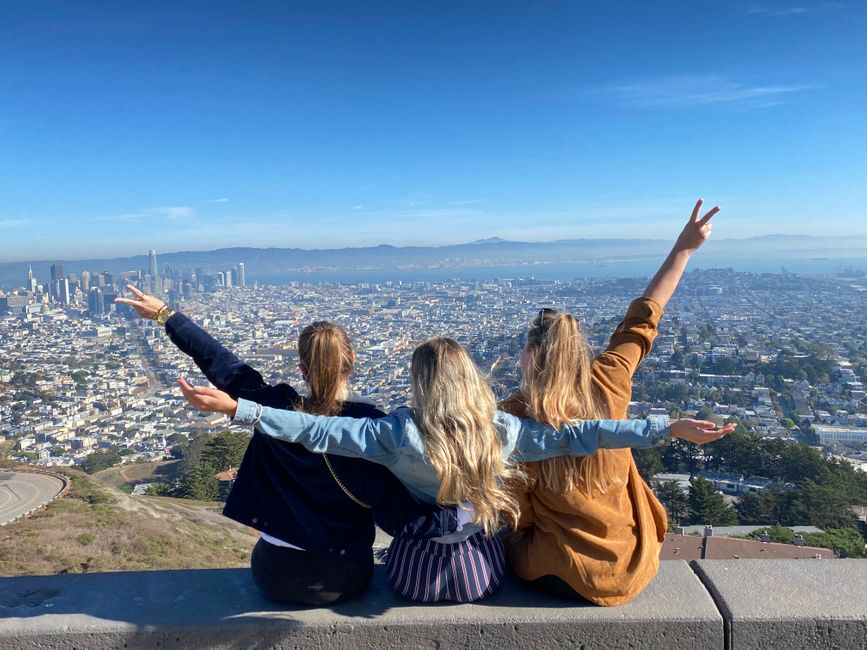
Ferðaskýrslur Bandaríkin
